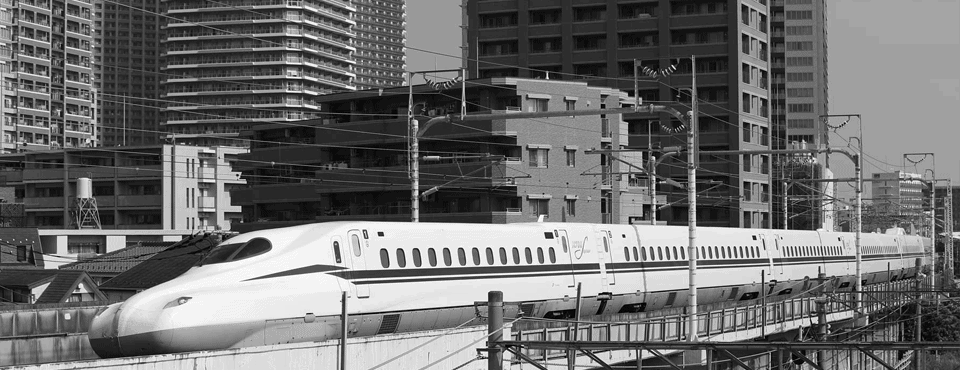
How does high-speed rail change the spatial distribution of economic activity?
The economic and social consequences of investments in transport infrastructure generate heated academic and policy debates because they typically involve costly investments that are supposed to yield high payoffs. Particularly telling examples of large transport infrastructure investments are investments in high-speed rail. A recent paper by Hayakawa et al. (2021) shows that the Shinkansen has had a substantial effect on Japan’s spatial distribution of employment. The relative position of municipalities within the network and their underlying location fundamentals are essential in understanding why the effects of an extensive infrastructure are positive or negative at the local level.
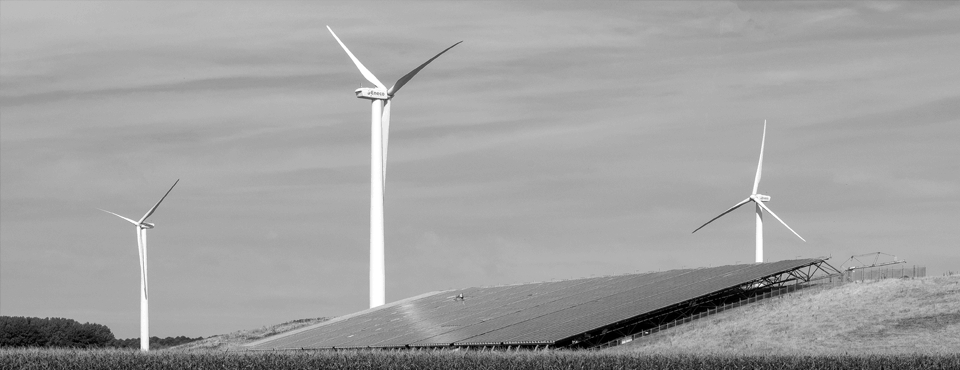
Tall(er) wind turbines lead to lower residential property values
Residential property values are negatively impacted when properties are in close proximity of a wind turbine. Compared to houses further away from wind turbines, house prices of properties within a 2 km radius from wind turbines decrease by on average 3.9 percent. These are the findings of a research carried out by Spatial Economics’ associate professor Hans Koster, together with Martijn Dröes (University of Amsterdam). Koster: “We observe that the effects are somewhat stronger as compared to a study carried out a few years ago. We do not see any major changes in the perception of wind turbines – but wind turbines have become substantially taller in the last years. This explains why the effect is now stronger.”

Short-term rentals and the housing market: The effects of Airbnb
This is an edited re-post of a blog published at the Birmingham Business School website. Short-term rental (STR) platforms, such as Airbnb, have grown spectacularly in recent years. Since its launch in 2007, Airbnb has grown into a multibillion dollar business, now offering more than 4.5 million listings in over 190 countries worldwide. Airbnb allows individuals to list their spare…
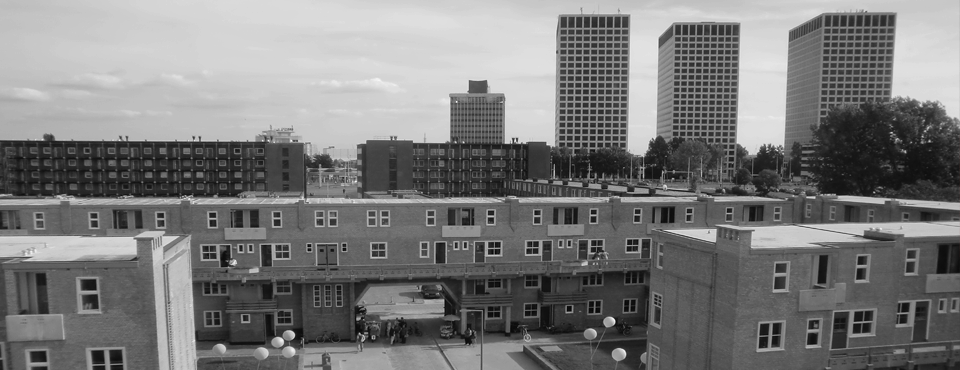
Urban revitalisation programmes may be effective
In recent research together with Jos van Ommeren we show that the Krachtwijken programme – a large urban revitalisation programme – does have positive effects. Compared to similar neighbourhoods, housing prices have increased and selling times are shorter. The programme’s benefits to homeowners are sizeable and at least half of the value of investments in public housing.
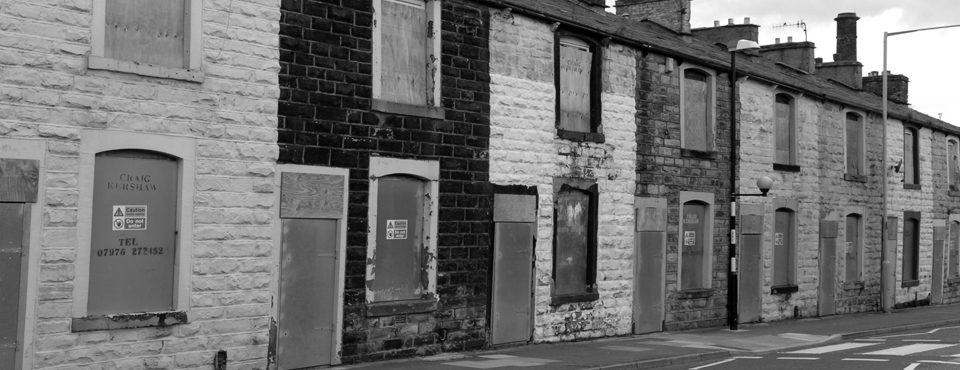
Empty homes, longer commutes: Effects of more restrictive local planning
Attempting to regulate housing vacancies away by allocating less land or being more restrictive with respect to new building or adaptation of existing structures, in fact increases the proportion of local homes that are empty as well making people who work in the area commute further. The absolute opposite of what the advocates of the policy want to achieve.
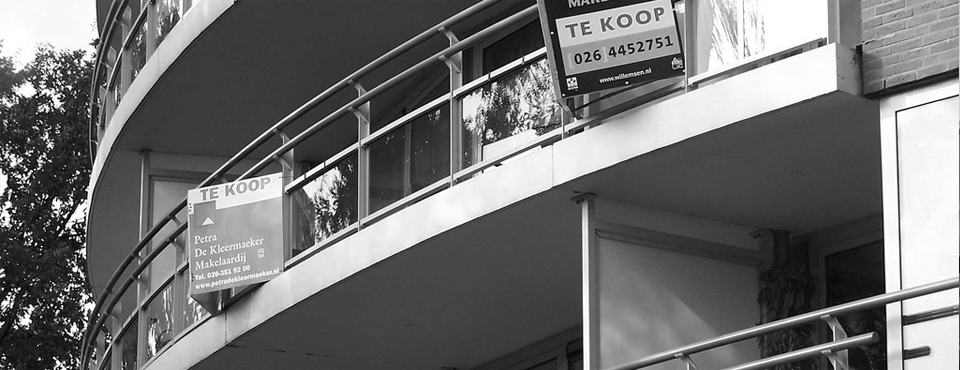
Why are homes sold above the asking price?
In 2016, more than half of the homes offered for sale in Amsterdam were sold above the asking price. This percentage was also high in other Dutch cities. But why would one pay more than the asking price? When the number of bidders is high, and there is uncertainty about the quality of the property, economic theory predicts that the highest bidder always pays too much: the so-called “winners curse”. It is shown that homes sold above the asking price had a lower initial asking price, a shorter selling time and a 3.5% higher selling price.
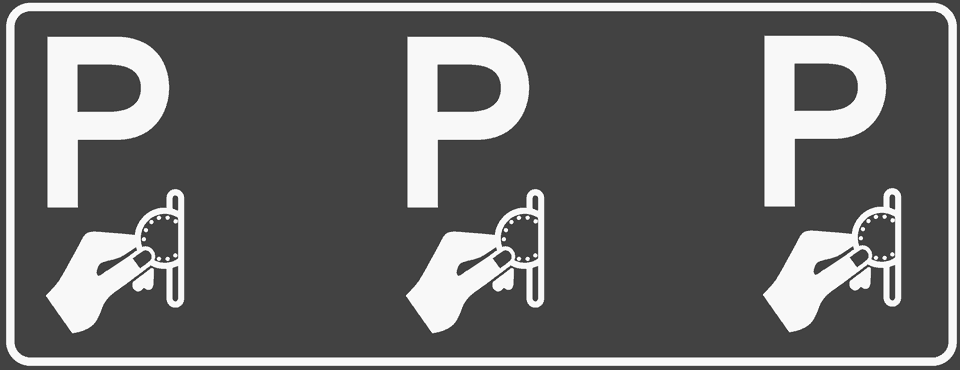
Parking policy: Do residents benefit from paid parking?
Nowadays it’s almost impossible to find a free parking spot in the large cities of the Netherlands. The main goal of paid parking is to reduce the demand for the limited amount of available parking space, which makes it easier for car drivers to find a vacant parking spot and leaves more space available for land use other than parking. But what about the residents of those cities? Should they vote in favour of paid parking – or not?
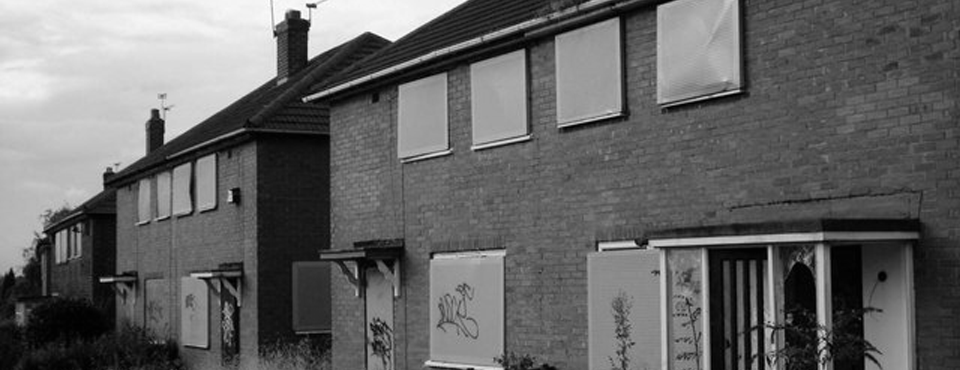
You cannot regulate empty houses away
“Almost 57,000 homes in London stand empty…” writes David Smith in the Guardian on May 4th. This he claims is a significant cause of London’s housing problem and the “Key to this is tackling buy-to-leave investing.” The answer to this ‘problem’ is for the mayor to refuse planning permission and for Boroughs ”…to introduce planning restrictions …to prohibit the deliberate practice of letting properties lie empty.“ However, is making planning permission more difficult to get or imposing additional conditions a feasible way of reducing the proportion of empty homes?
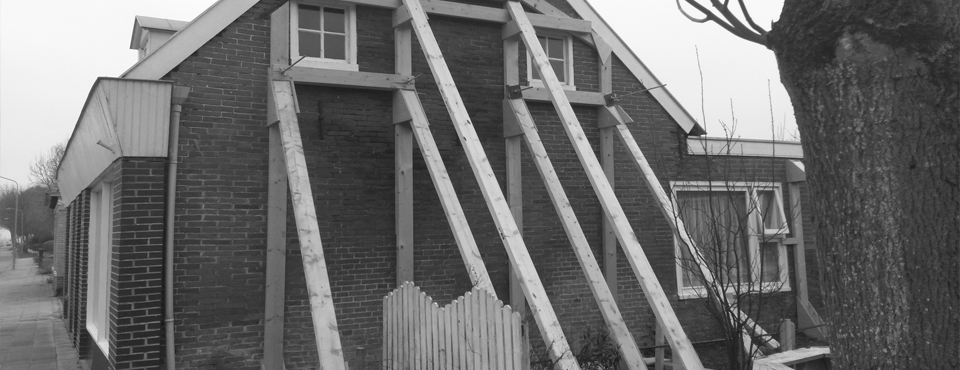
Housing values, gas extraction and earthquakes
Earthquakes in the northern parts of the Netherlands generate notable house price decreases. We have analysed the negative economic effects for homeowners of earthquakes induced by gas extraction. Earthquakes with a magnitute above 2.2 are shown to generate house price decreases of 1.2 percent. In the Netherlands, homeowners are fully compensated for earthquake damage to their residential buildings by the gas extraction company, which is a regulated monopolist. Despite this compensation, house price decreases have been shown by the economists. The average decrease induced by an earthquake with a magnitude above 2.2 is about €2500 ($ 2750) per property. The house price reduction in the whole area due to these man-made earthquakes is about €150 million ($165 million) or € 500 ($550) per household.
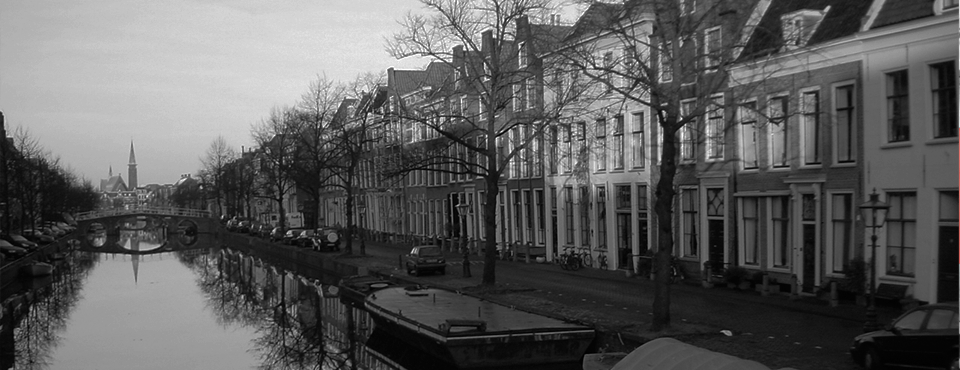
Should we invest in historic buildings?
In many countries, vast amounts of public money are invested to preserve historic buildings. In the Netherlands, for example, total public expenditures on renovation subsidies have been more than a billion euros since the 1970s. An important argument for these subsidies are that these historic buildings generate benefits for the surrounding neighbourhood. Indeed, few people will dislike it to have a stroll in the historic city centres of Amsterdam, Utrecht or Leiden. Although it is not hard to come up with an estimate of the costs of these investments, the potential benefits of these investments are hard to capture. This implies that we cannot make informed decisions on how much public money we are willing to spend on historic buildings and neighbourhoods.
- « Previous
- 1
- 2
- 3
- Next »
